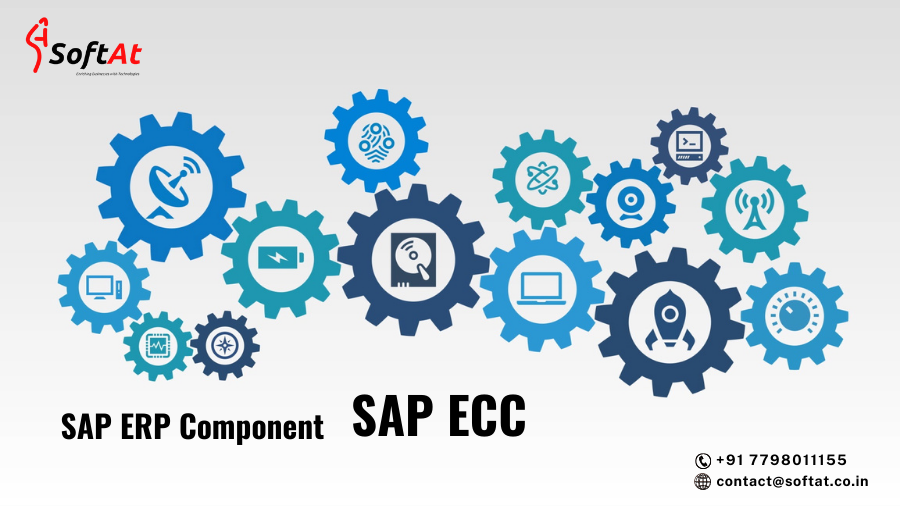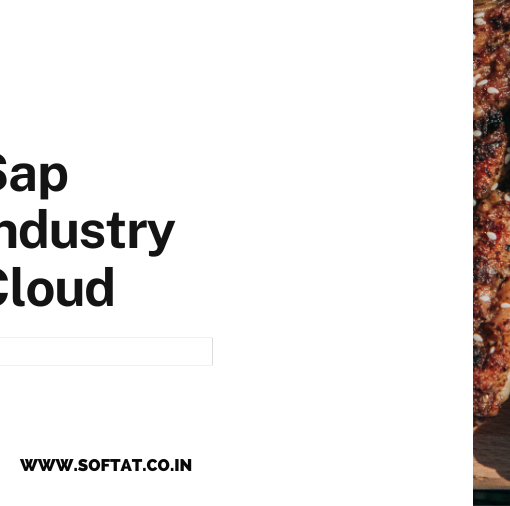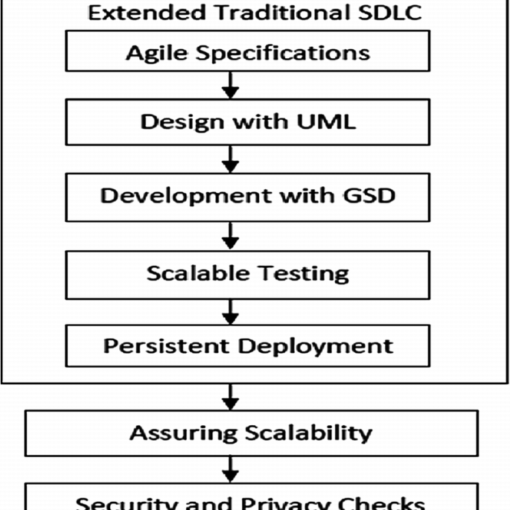SAP ECC is typically implemented in medium and large-sized companies. It forms the foundation of SAP Business Suite, which also includes components such as SAP Customer Relationship Management and Supply Chain Management. SAP documentation officially changed from using the term module to using the term component when it moved from R/3 to SAP ECC. SAP ERP Central Component (SAP ECC)
Like most enterprise-level business applications, SAP ECC components can easily be integrated to work together. In general usage, both module and component refer to a part of the program that is independently developed to handle a targeted set of business processes. For example, processes such as procurement or accounting can be integrated to work together. ECC is composed of 10 functional core components and two technical components. It is slated to be replaced by S/4HANA by 2025.
What is SAP ERP central component ECC?
SAP ERP Central Component (ECC) is the core software component of the SAP ERP system. It provides integrated business processes and functionality across various modules such as finance, logistics, sales, procurement, and human resources. ECC serves as a central hub for managing and executing essential business operations, streamlining processes, and facilitating data flow and information sharing within an organization. It supports real-time reporting, analytics, and decision-making, helping businesses achieve efficiency, transparency, and competitiveness in their operations.
ECC Functional Components
ECC caters to the business processes of diverse industries. This includes, but is not limited to pharma, chemical, steel and fast-moving consumer goods. The functional components that companies typically implement from the outset are Financial Accounting, Controlling, Materials Management, and Sales and Distribution.
Each component must be implemented to take advantage of its functionality. Companies may choose to implement only certain components. For example, working with an SAP implementation partner, a customer may decide SAP Project System is not needed because the company does not manage a large number of projects.
Below are the 10 frequently implemented functional components that SAP ECC includes and the business functions they cover:
Financial Accounting (FI)
The FI component records a company’s financial transactions. This includes transactions of its customers and vendors. FI handles receivables from sales, payables for procurement, and cash management as well as bank payment and reconciliation processes.
Controlling (CO)
The CO component manages cost center accounting, profit center accounting and internal orders and also offers financial planning. It also includes a product costing feature. This feature compares simulated costs and actual costs and is primarily intended to help manufacturing organizations. (Note that the first two components are often referred to as FICO, FI-CO or FI/CO as if they are one component.)
Sales and Distribution (SD)
The SD component manages major processes of sales and distribution. This includes selling products or services in national and international markets through direct sales to customers or through distribution networks. SD also handles customers’ returns, along with billing and credit issuance.
Materials Management (MM)
The MM component manages procurement and inventory. Materials and services procurement can be from local vendors or international suppliers. In inventory management, MM manages all goods issuance, goods receipts, and transfers of material from one plant or storage location to another. Counting and reconciling materials’ physical inventory is also managed in MM.
Production Planning (PP)
The PP component helps businesses create demand and manufacturing capacity alignment so they can plan product manufacturing, sales and distribution. PP plays a critical role in a manufacturer’s supply chain and can be used for discrete, process or repetitive manufacturing or a combination of more than one type.
Quality Management (QM)
The QM component extensively integrates with procurement, production, sales, and equipment maintenance processes. Advanced features include managing complete internal or external audit’s business processes. It can also assist in finding root causes of a product’s failure to ensure ongoing quality improvements to a company’s business processes.
Plant Maintenance (PM)
The PM component monitors machines and functional locations (such as a chiller room or a boiler room). This is to make sure they are in proper working order. It provides alerts when issues are detected to prevent machine failures and production disruptions. Business processes such as preventive maintenance, corrective maintenance and refurbishment maintenance are all covered in the SAP PM component.
Customer Services (CS)
The CS component handles business processes related to a company providing maintenance services to customers’ equipment. The option to bill customers for the maintenance services delivered is also part of the CS component.
Project System (PS)
PS is meant to manage large, complex projects such as setting up a new manufacturing plant or monitoring a plant’s maintenance turnaround. All project-specific procurement or production through PS ensures that this component is able to allocate a project’s costs correctly while remaining within the defined project’s budget.
Human Capital Management (HCM)
The HCM component manages HR-related features. This includes payroll, time management activities such as attendance and leaves, career development, travel, and workplace safety. Functional modules have submodules, which can be implemented if they are required to run the business processes of the company.
SAP ECC technical components
The technical components ABAP and NetWeaver are mandatory to implement. The ABAP component in SAP ECC supports all types of custom development that are unique to a company. Companies use the ABAP component to develop new customized reports or specific reporting formats to cater to legal or financial reporting. SAP ERP Central Component (SAP ECC)
The NetWeaver component ensures effective system administration of SAP ECC. It enables companies to assign specific roles and authorizations to individuals or groups. SAP ERP Central Component (SAP ECC)
Both ABAP and NetWeaver are technical components of SAP ECC. They are required for implementation.
Enhancement packages
SAP has no predefined schedule on when new enhancement packages are released. Enhancement packages contain features that a company can evaluate and determine whether upgrading the existing ECC makes sense. ECC 8.0 is the latest version as of March 2018. SAP ERP Central Component (SAP ECC)
SAP ECC implementation
Implementing SAP ECC is a major undertaking. It requires the SAP-focused project implementation methodology known as the ASAP (Accelerated SAP). It includes phases that focus generally on these areas: project preparation, creating a business blueprint of remodeled processes, ECC configuration and development, final preparation, and go-live and support.
SoftAt provides all types of SAP ECC services and solutions to learn more contact us.





